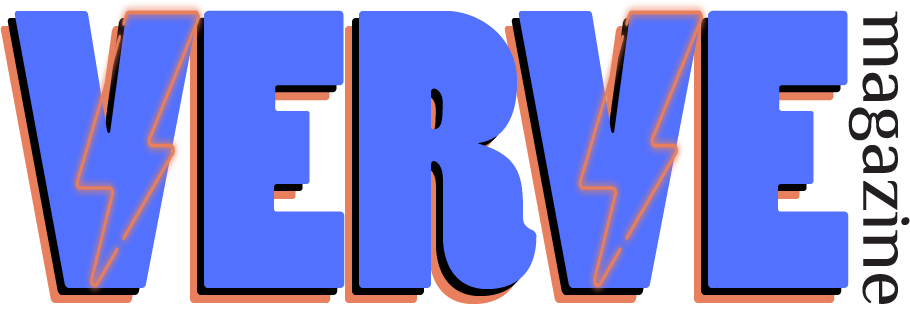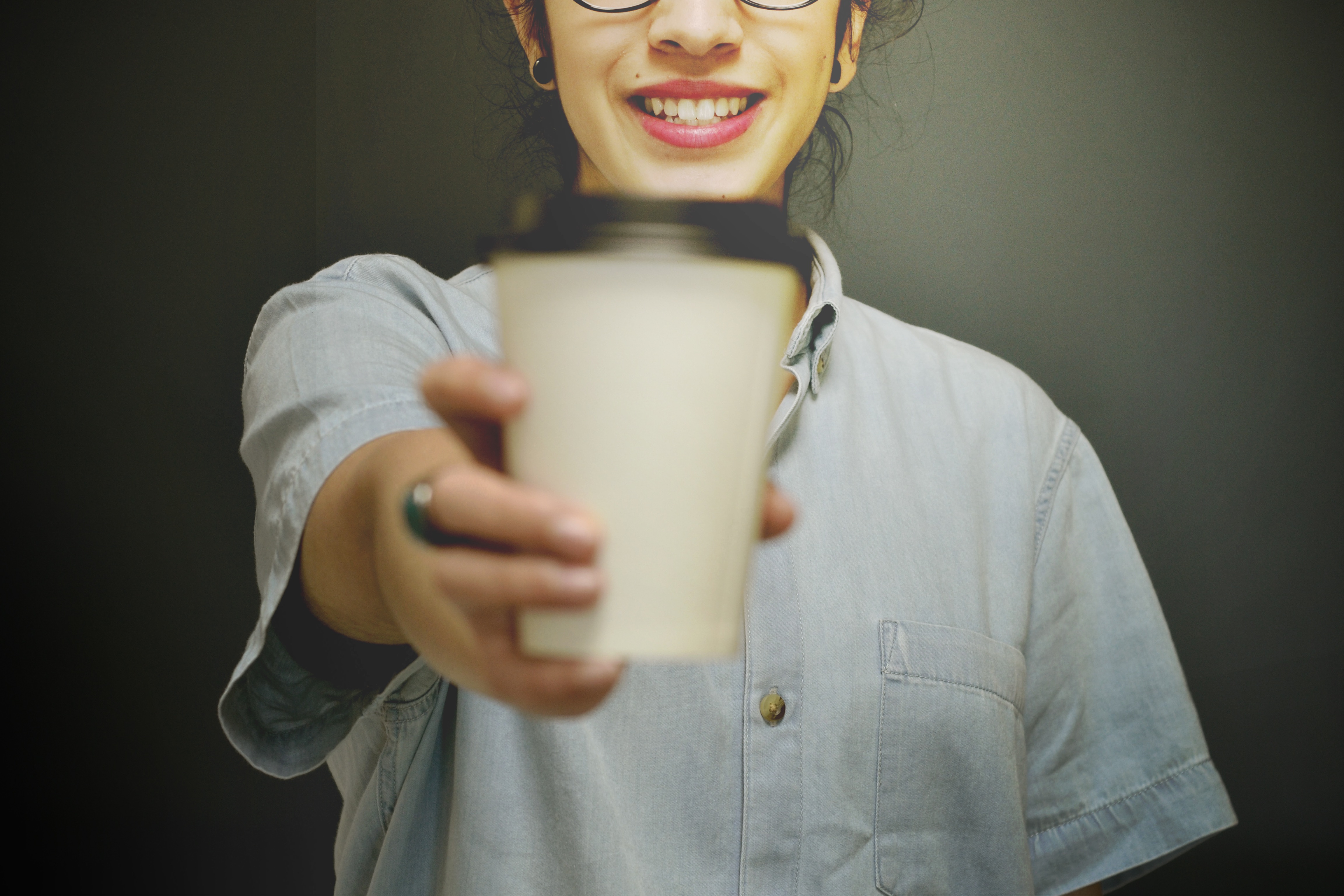The generation of people aged 18-34 are ever more creative, connected, and especially caffeinated. However, when the caffeine consumption began creating issues in my everyday life, I realized something needed to change.
“Hi, can I get a grande blonde roast?”
“A tall mocha?”
“Venti caramel macchiato, please.”
Everyday, more than four million coffee drinks are exchanged between Starbucks baristas and their ever-faithful community of coffee lovers around the world. This accumulates to more than $19 billion in annuals sales for the corporation, an empire crafted from the brewing and marketing of the peoples’ ‘liquid happiness.’
Once upon a time, I was only too eager to share in the daily coffee runs on the way to school and before errands with my sisters and closest friends. There is an implicit understanding about coffee being a way of life between members of this generation.
According to the FDA, people aged 18 to 34 consume an average of 329 milligrams of caffeine each day, almost entirely from caffeinated beverages like coffee. The recommended limit is 400 milligrams, which can be found in only one venti serving of Starbucks coffee.
As someone who used to spend hours in the cozy atmosphere of my local Starbucks coffee house while pouring over class materials, it may come as a surprise to say that I no longer subscribe to one of the essential tenets of the ‘generation C’ culture.
However, my decision was influenced by the state of my own mental well-being, and the place I wanted to be in with my emotional health. When I began struggling with classes, family, and personal matters in my sophomore year of college, I found that caffeine had begun to enable stress in a major way within other areas of my life.
According to the National Institute of Mental Health, anxiety disorders are the most common mental illness in the United States, affecting more than 40 million adults nationwide. Personally, anxiety has been an illness that has affected me since I was young. During difficult periods of my life, it has been aggravated more easily than others.
I used coffee as a boost for the mornings I hadn’t gotten enough sleep, the evenings I needed to knock out a mile of class assignments, and every dull moment and mood in between. I drank it pure black, acquiring a taste for the strong aroma and the bitter flavor without a flinch. I drank it on long car rides between school and home, in organization functions, sitting in class. It gave me energy, improved my concentration, and made me feel more engaged with the world.
It was great. Until it wasn’t.
Mental illnesses are a collection of health conditions that stem from the improper functioning of the brain’s emotional regulation processes, affecting nearly 1 in 5 adults around the world. Its prevalence has only grown in society over recent years, for reasons related to genetics, environment, and a slew of other factors. The causes aren’t always the most important element to understand; rather, understanding the consequences for those living with these conditions everyday.
I started getting caffeine jitters during the middle of the day. I couldn’t sit still in meetings. Stepping away from my desk for a moment, I would find a quiet place to close my eyes and hold my head steady, feeling the brewing of a deep, intense, and irrational sense of anxiety in my chest, seeping through my veins, and dispersing throughout the rest of my body.
A series of mental illnesses runs in the maternal side of my family, including anxiety, depression, and attention deficit disorder. They have run the gamut in my relatives, affecting my great-grandmother, grandmother, mother, close uncles and cousins, and even my sisters and myself.
The anxiety got to the point where I felt stressed every moment of the day. It began affecting my other mood disorders. Suddenly, I could no longer concentrate, and the stress of constantly being stressed had significant and rather negative effects on my daily outlook on life.
Obviously, caffeine is a stimulant. However, not so obvious, research suggests that those jittery feelings are similar to the body’s natural reaction to a frightening event. This stimulates the ‘fight or flight’ response in the body, heightening chemicals related to tension and anxiety from their ordinary levels.
The simple truth is, this problem was stemming directly from the one thing I thought was my own personal antioxidant. My coffee consumption was getting in the way of my ability to function properly everyday, rather than improving my mood, concentration, or anything else.
Following a long discussion with my therapist, we decided it would be best for me to cease with the caffeine altogether, much to the dismay of my Starbucks-loving family and friends.
Since I had made this magic beverage a part of my routine for so long, I anticipated nasty feelings of irritability and tension as I made the transition. But when they came, those feelings were welcome, seeing as they meant I was working to stabilize this bout of trouble with my mental health.
But to this day, that doesn’t mean I am completely without remedy. The need to have something ready to sip in my hands still festers. So for that, I have herbal tea. I budget my time better with class projects, so I can sleep on a regular basis, without necessitating all-nighters. I listen to music when I need to concentrate, tuning out the extraneous noise of the outside world.
And through everything, I have managed to regain a significant measure of my emotional well-being. I go to work and class, and socialize with friends and family as my schedule allows. While my anxiety hasn’t died away completely, without the caffeine to encourage it, there are far fewer episodes of panic to experience.
Yes. Despite all this, I still frequent my corner Starbucks to study and meet up with friends. Although I consume only the smells of coffee now, having removed myself from the $19 billion sales figures of an empire built on brewing the peoples’ ‘liquid happiness.’
I learned that when I was in trouble with my own personal well-being, withdrawing from Generation C was the best thing I could do for myself. And so far, I’ve been right.

